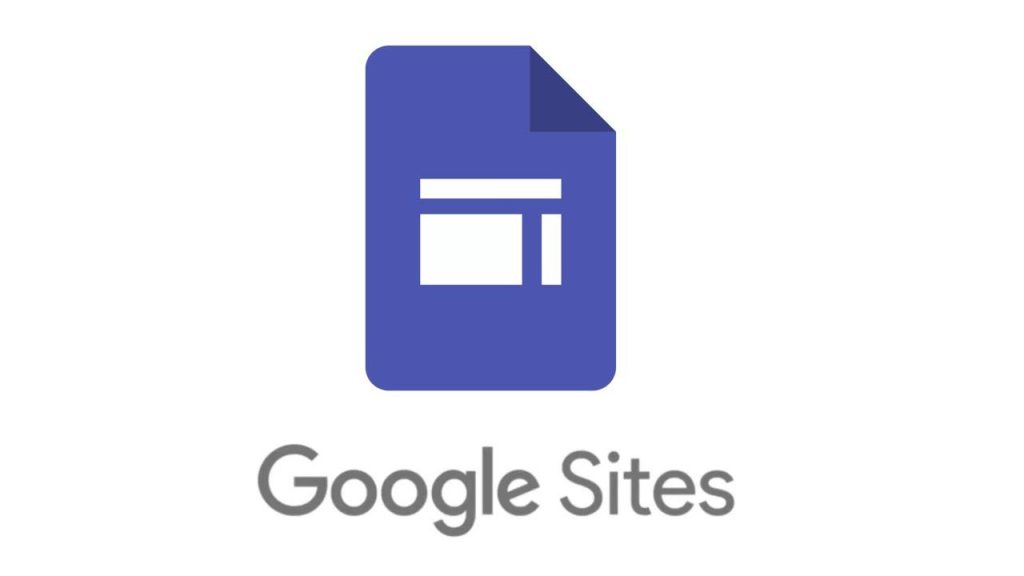
When it comes to creating a website, choosing the right platform is crucial. It can make the difference between a professional, user-friendly site and a frustrating experience for both you and your visitors. In this article, I will delve into two popular website platforms: Google Sites and WordPress. By analyzing their features, pros and cons, ease of use, design options, SEO capabilities, costs, and support, you will gain a comprehensive understanding of which platform suits your needs best.
What is Google Sites?
Google Sites is a website creation platform developed by Google. It is a free and straightforward tool that allows users to create basic websites without the need for coding or technical expertise. Google Sites offers templates and drag-and-drop functionality, making it an accessible option for beginners. While it may not have the extensive customization options of other platforms, it excels in its integration with other Google products and services.
What is WordPress?
WordPress is a highly popular and versatile website platform that powers more than 40% of all websites on the internet. It is an open-source content management system that offers both a free, self-hosted version (WordPress.org) and a hosted version (WordPress.com). WordPress provides users with a vast array of design options, plugins, and themes, making it suitable for both beginners and advanced users. Its flexibility and scalability have made it the go-to platform for businesses, bloggers, and even large e-commerce websites.
Read more: SeedProd vs Elementor: Which Plugin Reigns Supreme for Website Building?
Pros and Cons of Google Sites

Pros of Google Sites
One of the significant advantages of Google Sites is its simplicity. The platform is designed to be user-friendly, making it accessible to individuals with little to no technical knowledge. The drag-and-drop interface allows you to easily add and arrange content, making website creation a breeze. Another advantage is its seamless integration with other Google products. If you are already using Google Drive, Docs, or Sheets, you can easily embed them into your Google Site, enhancing collaboration and productivity.
Cons of Google Sites
While Google Sites may be suitable for basic websites, it does have limitations. Customization options are limited, and the available templates may not meet the specific needs of your business or brand. Additionally, advanced features like e-commerce functionality or complex design elements are not readily available on the platform. If you have a more complex website in mind or require more flexibility, Google Sites may not be the ideal choice.
Pros and Cons of WordPress

Pros of WordPress
WordPress offers a wide range of benefits that have contributed to its popularity. Firstly, its extensive theme library allows you to choose from thousands of professionally designed templates, ensuring your website has a polished and unique look. Additionally, the platform provides access to a vast number of plugins, enabling you to add functionality and features to your site with ease. Whether you need e-commerce capabilities, SEO optimization, or social media integration, WordPress has you covered. Furthermore, WordPress is highly scalable, allowing your website to grow with your business.
Cons of WordPress
With the vast number of options and features available, WordPress can be overwhelming for beginners. The sheer amount of customization options may lead to decision fatigue, making it difficult to choose the right theme or plugin. Moreover, while the core version of WordPress is free, additional costs may arise from premium themes, plugins, and hosting solutions. This can make the overall cost of owning a WordPress site higher than anticipated. Lastly, as an open-source platform, WordPress requires regular updates and security measures to protect your website from potential vulnerabilities.
Ease of Use: A Comparison between Google Sites and WordPress
When it comes to ease of use, Google Sites has the upper hand. Its intuitive drag-and-drop interface and simple editing tools make it accessible to anyone, regardless of technical expertise. The platform is designed with simplicity in mind, allowing users to create basic websites quickly and easily. On the other hand, WordPress has a steeper learning curve. While the platform is user-friendly, beginners may find themselves overwhelmed by the sheer number of options and settings. However, once familiarized with WordPress, users can take advantage of its extensive customization capabilities.
Design and Customization Options: A Comparison between Google Sites and WordPress
When it comes to design and customization, WordPress offers unparalleled flexibility. With thousands of themes and templates available, you can find the perfect design to match your brand and create a unique online presence. WordPress also provides users with the ability to customize themes further, allowing you to personalize your website down to the finest detail. In contrast, Google Sites has a limited selection of templates, making it challenging to find a design that stands out. While you can make minor adjustments to colors and fonts, the level of customization is significantly lower compared to WordPress.
SEO Capabilities: A Comparison between Google Sites and WordPress
Search engine optimization (SEO) is crucial for driving organic traffic to your website. In this regard, WordPress offers a plethora of SEO plugins and tools that can help optimize your site for search engines. From meta tags and XML sitemaps to keyword analysis and content optimization, WordPress provides the necessary tools to improve your site’s visibility. Google Sites, on the other hand, has limited SEO capabilities. While you can optimize basic elements such as page titles and descriptions, the platform lacks the advanced features and plugins available in WordPress.
Cost Considerations: A Comparison between Google Sites and WordPress
Cost is an important factor to consider when choosing a website platform. Google Sites is free to use, making it an attractive option for budget-conscious individuals and small businesses. However, the platform’s limited customization and functionality may lead to additional costs if you require more advanced features. WordPress, on the other hand, offers both a free, self-hosted version and a premium, hosted version. While the core WordPress software is free, you will incur costs for domain registration, hosting, premium themes, and plugins. The overall cost of owning a WordPress site can vary depending on your specific needs and requirements.
Support and Community: A Comparison between Google Sites and WordPress
Having access to support and a vibrant community can be invaluable when creating and maintaining a website. Google Sites provides limited support options, primarily relying on documentation and forums for assistance. However, as part of the Google ecosystem, you can find a wealth of resources and tutorials online. WordPress, on the other hand, boasts a large and active community. With numerous forums, online communities, and official documentation, you can easily find answers to your questions and receive support from experienced users and developers.
Which Platform is Right for You? Factors to Consider when Choosing between Google Sites and WordPress
Choosing the right website platform depends on various factors, including your technical expertise, budget, customization needs, and long-term goals. If you are a beginner or need a simple, user-friendly platform, Google Sites may be the better option. It offers ease of use, seamless integration with Google products, and is cost-effective. On the other hand, if you require extensive customization, scalability, and advanced features, WordPress is the more suitable choice. While WordPress may have a steeper learning curve and potentially higher costs, it provides the flexibility and functionality needed for a professional website.
Conclusion: Making an Informed Decision for Your Website Platform
In conclusion, selecting the right website platform is a critical decision that will impact the success of your online presence. When comparing Google Sites and WordPress, it is essential to consider factors such as ease of use, design options, SEO capabilities, costs, and support. By assessing your specific needs and long-term goals, you can make an informed decision that aligns with your requirements. Whether you choose Google Sites for its simplicity or WordPress for its versatility, both platforms offer unique advantages that can help you create a successful website.
CTA: Now that you have a comprehensive understanding of Google Sites and WordPress, take the next step and start building your website today. Evaluate your needs, explore the features of each platform, and make an informed decision. Remember, your website is a reflection of your brand, so choose wisely and create an online presence that stands out from the crowd.




